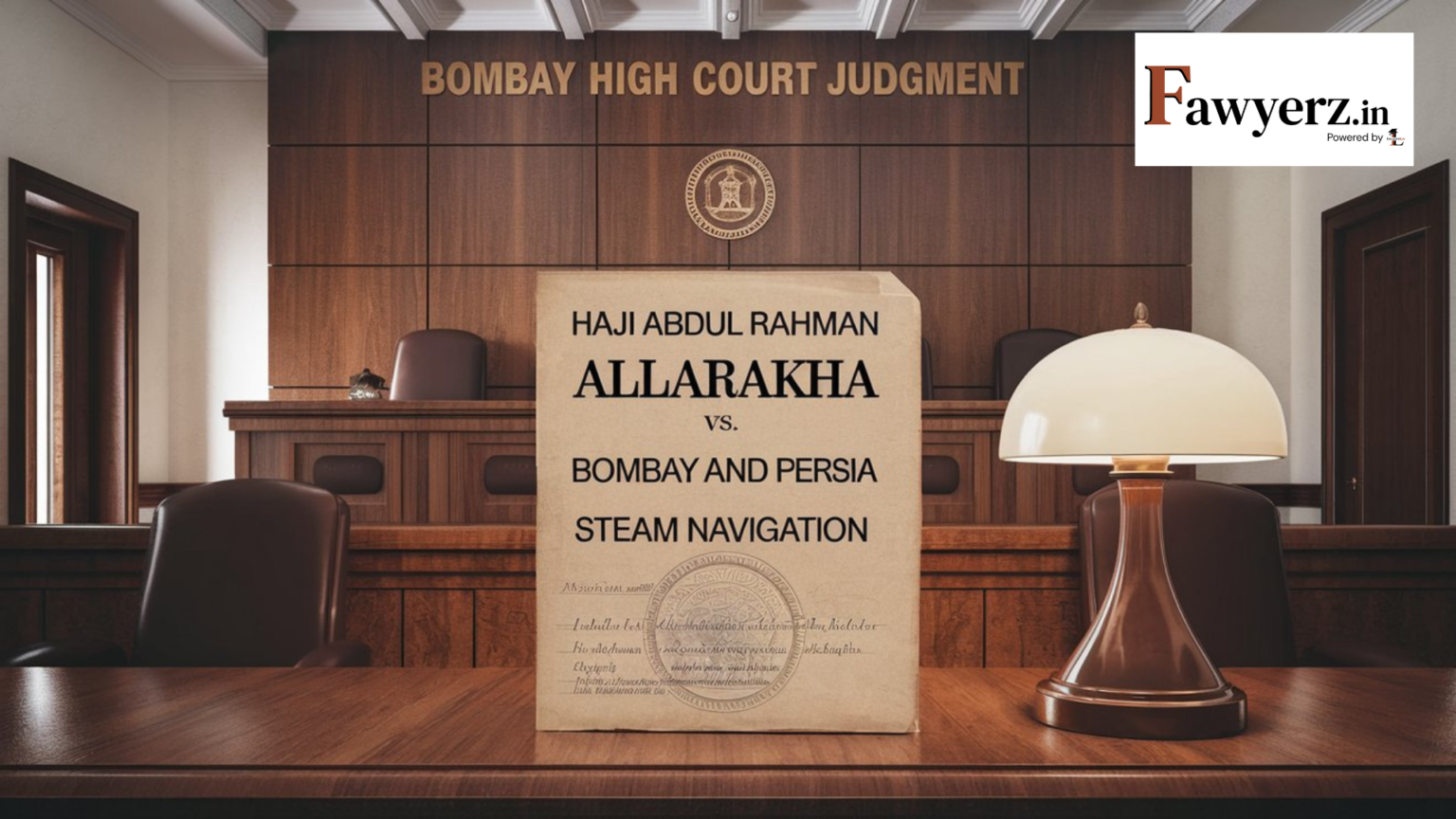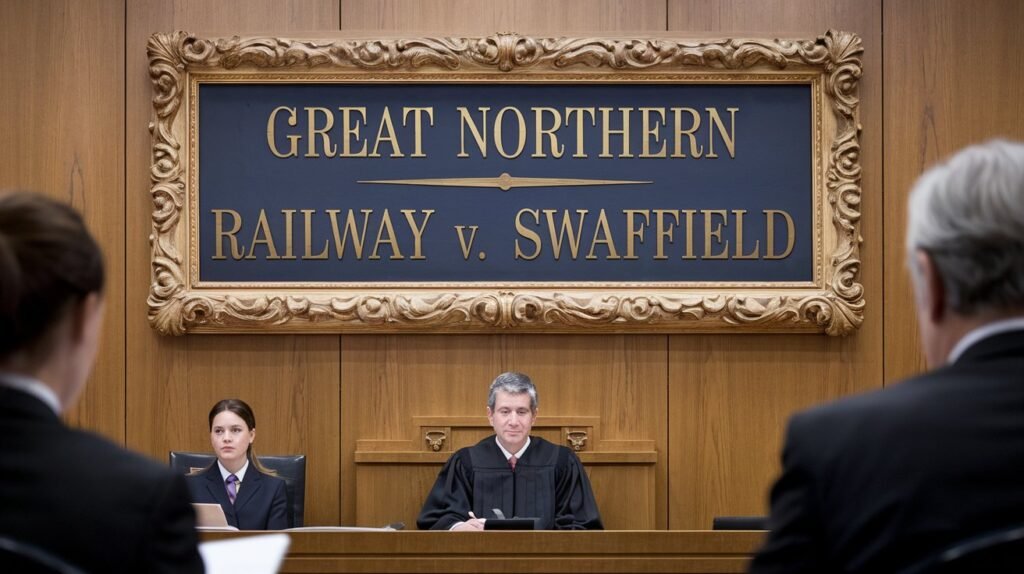Haji Abdul Rahman Allarakhia v. Bombay and Persia Steam Navigation Co. 1892 (Case Summary)

The case concerns a contractual dispute where the Plaintiff sought rectification based on a mistaken belief about the sailing date’s correspondence with the Haj, while the Defendant relied solely on the English calendar. The central issue involves the applicability of rectification for alleged mistake in contract.
Table of Contents
ToggleFacts of Haji Abdul Rahman Allarakhia v. Bombay and Persia Steam Navigation Co.
- The Plaintiff entered into a contract with the Defendant for hiring a steamer (a steam-powered ship) to sail from Jedda fifteen days after the Haj.
- The date of departure was specified in the contract as 10th August 1892, which the Plaintiff erroneously believed to correspond with the fifteenth day after the Haj.
- The Defendant relied solely on the English calendar and had no understanding of its relation to the Haj.
- Upon discovering in March 1892 that the correct corresponding date was in fact 19th July 1892, not 10th August, the Plaintiff sought rectification of the contract to reflect the correct date.
- By that time, the Defendants had already chartered out all steamers, rendering performance on 19th July 1892 impossible.
Issues framed
- Whether the plaintiff is entitled to rectification of the agreement on the ground of mutual mistake?
Judgment of Haji Abdul Rahman Allarakhia v. Bombay and Persia Steam Navigation Co.
The Court emphasised that rectification is an equitable remedy that requires the Plaintiff to prove the existence of a mutual mistake i.e., a common intention between the parties that was incorrectly recorded in the written instrument. In the instant case, the mistake as to the date of sailing was unilateral, being solely on the part of the Plaintiff. The Defendant contracted exclusively with reference to the English calendar, in accordance with prevailing commercial practice and had no belief regarding the date’s correspondence with the Haj. Since there was no common intention or shared understanding regarding the correspondence of the date with the Haj, the legal preconditions for rectification were not fulfilled.
The suit for rectification was dismissed, as the contract was validly concluded for 10th August, 1892 based on the English calendar, with prevailing commercial practice. The Court found that the Plaintiff’s mistake regarding the date was unilateral. In the absence of a mutual mistake or any prior agreement contrary to the written terms, the requirements for rectification were not satisfied.





